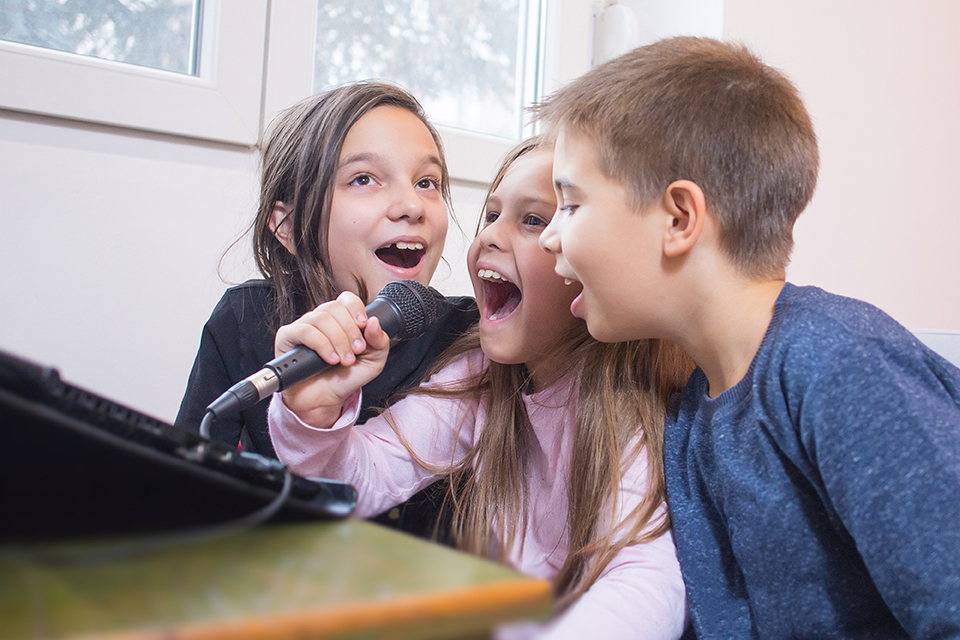Introduction
Home education offers a unique and personalised learning experience, allowing children to explore their interests at their own pace. Incorporating music into this journey can provide numerous benefits, fostering creativity, discipline, and social skills.
The rise in the number of young people being educated at home has risen drastically since the covid-19 pandemic, when many parents and guardians realised that traditional schooling didn’t work for their children because the curriculum was too strict, their child struggled to fit in, had learning differences or another major factor is that their child just wasn’t enjoying school.
Benefits of Learning a Musical Instrument for Home-Educated Students
- Creativity and Self-Expression
- Unleashing Imagination: Playing a musical instrument encourages creative thinking and problem-solving. Children can express their emotions, ideas, and experiences through music.
- Developing Artistic Skills: Music involves both technical and artistic skills, helping children develop a well-rounded understanding of the arts.
- Discipline and Focus
- Building Habits: Learning an instrument or singing requires regular practice and dedication. This fosters discipline and helps children develop good study habits.
- Improving Concentration: Focusing on playing a musical piece can enhance concentration and attention span.
- Social Skills and Confidence
- Joining Communities: Participating in music groups, ensembles, or lessons can provide opportunities for social interaction and making friends.
- Boosting Self-Esteem: Achieving milestones in music can boost self-confidence and a sense of accomplishment.
- Cognitive Development
- Enhancing Memory: Music involves memorizing notes, rhythms, and melodies, which can improve memory and cognitive functions.
- Developing Problem-Solving Skills: Analysing music and understanding musical concepts can enhance problem-solving abilities.
- Stress Relief and Relaxation
- Finding Solace: Playing music can be a therapeutic outlet, helping to reduce stress and anxiety.
- Improving Mood: Engaging in music can have a positive impact on mood and overall well-being.
Tips for Home-Educated Students Learning Music
- Find a Qualified and experienced teacher: A good teacher can provide guidance, support, and proper tuition.
- Practice regularly: Consistent practice is key to improvement.
- Set realistic goals: Establish achievable goals to stay motivated and track progress.
- Explore different genres and styles: A good teacher will help you explore all different types of music to discover personal preferences.
- Perform regularly: Playing in front of others can build confidence and provide valuable experience. This doesn’t have to be an exam or a competition, it can be playing for Grandma in the kitchen!
Conclusion
Learning a musical instrument can be an enriching and rewarding experience for home-educated students. By incorporating music into education, children can develop essential skills, foster creativity, and build a lifelong passion.

